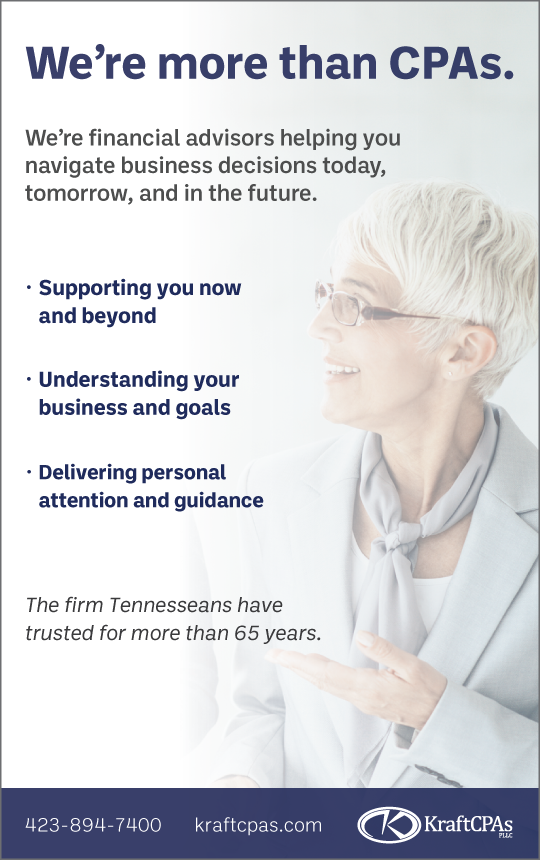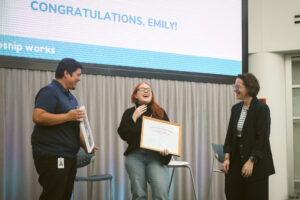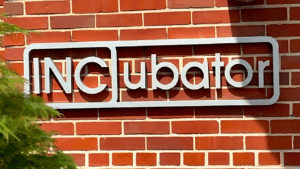In the ever-evolving professional landscape of today, the significance of prioritizing mental health in the workplace has surged to the forefront of discussions surrounding the creation and promotion of a healthy workplace environment.
Acknowledging mental health is an important aspect of overall well-being. Its impact spans professional and personal domains, affecting individuals of all age groups.
However, the unique nature of mental health challenges requires distinct approaches when addressing them across different generations.
May marks the observance of Mental Health Awareness Month, a time when leaders are encouraged to explore the specific hurdles faced by each generation and discover strategies for cultivating an organizational culture that supports the well-being of all.
Understanding Generational Challenges: From Baby Boomers to Gen Z
Baby Boomers (born 1946-1964) are generally viewed as competitive, focused and goal-oriented. This generation is often tasked with overcoming obstacles as they approach retirement and navigate ageism, job insecurity and technological advancements. Baby boomers often experience higher levels of stress than other generations, with work-related stress being a significant contributor.
Generation X (born 1965-1981) grew up during a time of economic uncertainty. They have experienced notable changes in the workforce including the rise of the gig economy and remote work. As this generation typically assumes multiple responsibilities such as caring for aging parents and supporting their own families, pressure can take a toll on their mental well-being. Research suggests that Generation X employees experience high levels of stress, anxiety and depression due to the demands placed on them; the majority also does not believe that their employers provide sufficient mental health support.
Millennials (born 1982-1996) make up a significant portion of the modern workforce and are often characterized as being tech-savvy, idealistic and adaptable to change. They face distinct mental health challenges due to factors like job insecurity, high expectations and a competitive work environment. A survey reveals that approximately 73% of millennials report experiencing work-related stress, with 52% citing work as a highly significant source of stress.
Generation Z (born 1997-2012) grew up in the digital age that has exposed them to unique pressures including cyberbullying, social media addiction and fear of missing out. Described as independent and entrepreneurial, they are expected to make up 36% of the global workforce by 2025. This generation also demonstrates that they are more likely than previous generations to prioritize mental health when choosing an employer, as SHRM research shows that 61% of Gen Z respondents said they would strongly consider leaving their current job if offered a new one with significantly better mental health benefits.
Support Employees’ Mental Health With 5 Multigenerational Strategies
More than 3 in 5 employees say that having access to better mental health resources at work would improve their mental health. In addition to supporting individual workers, employers can take a broader multigenerational approach to mental health by addressing systematic factors that contribute to poor mental health outcomes. Approaches to consider include:
- Creating a positive work environment. Managers can effectively reduce work-related stress and support the mental well-being of their workforce by consistently giving positive feedback and encouragement.
- Training employees. Leaders may successfully promote and maintain a mentally healthy work environment as they are equipped with the necessary tools, knowledge and skills to do so. Ensure your workforce is up-to-date with the best coaching, communication and leadership practices by investing in continuing education opportunities such as those offered through UTC’s Center for Professional Education.
- Encouraging flexible working. Flexible work opportunities such as working remotely or adjusting working hours can significantly improve employees’ sense of autonomy and control over their work. The flexibility also cultivates a more inclusive and psychologically safe work environment.
- Addressing stigmas and building inclusive frameworks. Employers can provide accessible and confidential mental health services, promote mental health awareness and foster a supportive workplace culture.
- Being an advocate for your employees’ well-being. When employees know they are cared for, a sense of trust and loyalty is cultivated which results in improved mental health and job satisfaction. Encourage employees to take vacation and mental health days as needed and provide opportunities for rejuvenation during the workday.
Authors Bio:

Lisa Atkins, SPHR, SHRM-CP: Atkins is an instructor for the University of Tennessee at Chattanooga’s Center for Professional Education’s SHRM Exam Prep course, as well as the Communications Director for the SETN SHRM Board of Directors.

Marah Whitaker: Serves as Marketing Communications Manager for the University of Tennessee at Chattanooga’s Center for Professional Education. The center manages all of UTC’s non-credit certifications, credentialing and workforce training. Custom corporate training, professional development courses and medical career academies are all offered through the center.











